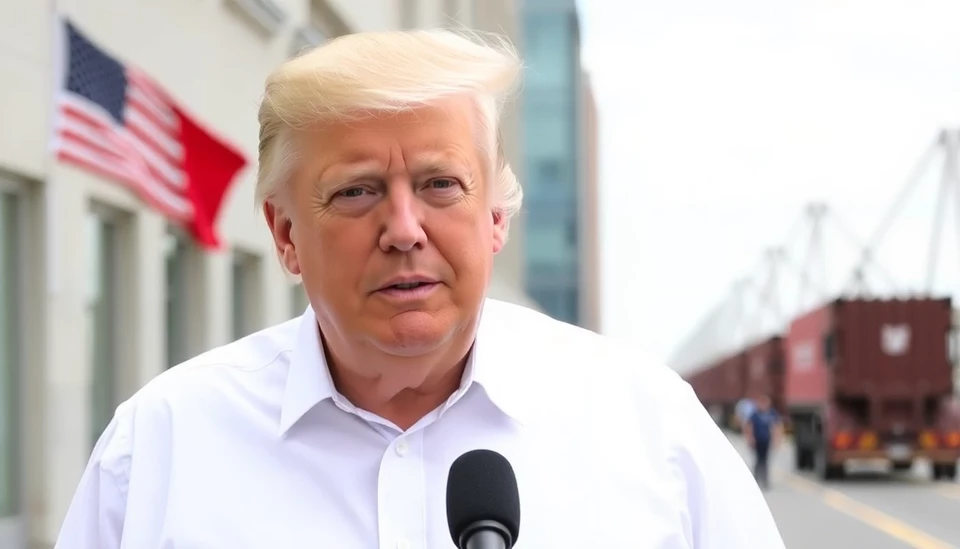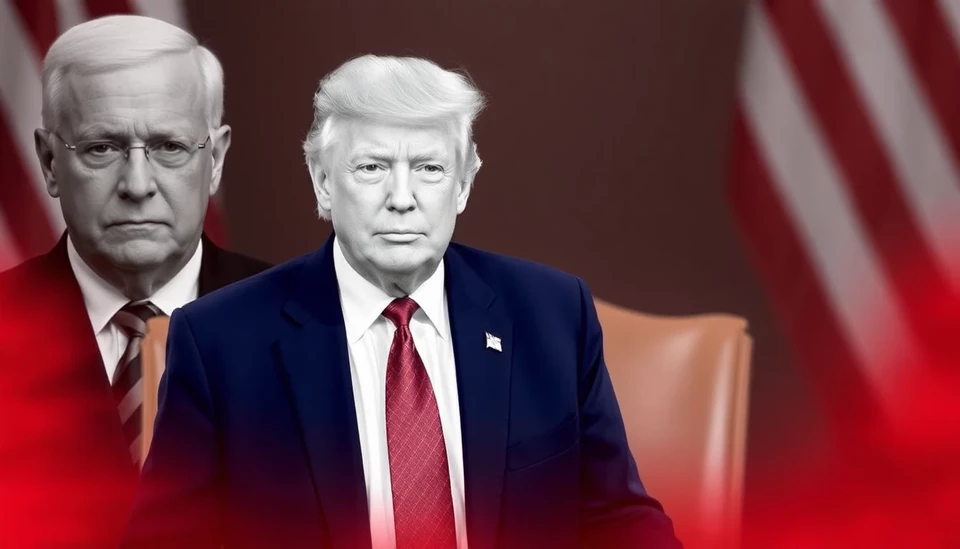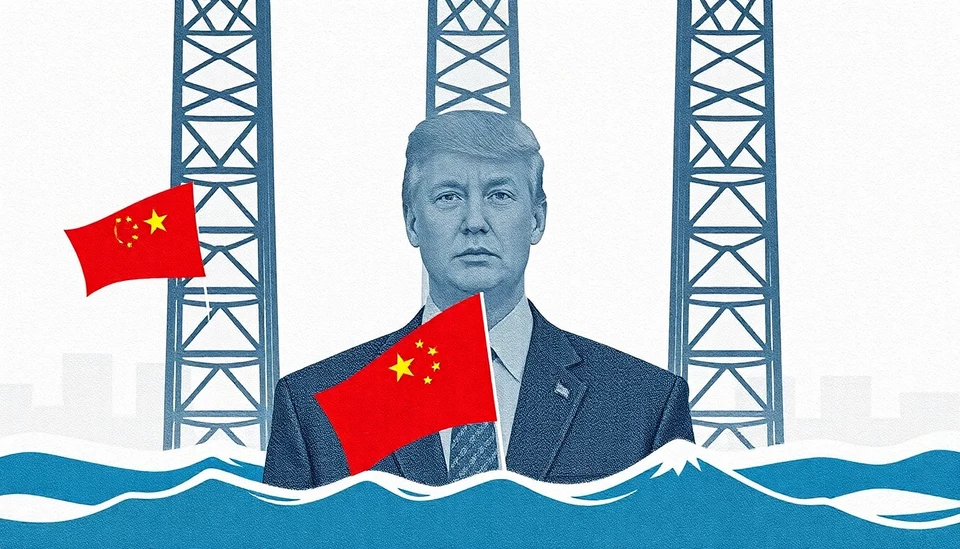
The Trump administration has recently announced a suspension of an automatic braking rule that was set to be implemented. This decision comes in response to significant pressure from the automotive industry, which has long been opposed to the regulation. The rule was designed to require cars to be equipped with advanced braking technologies that could potentially prevent accidents and save lives.
This unexpected freeze in regulatory momentum has sparked considerable debate among safety advocates and industry stakeholders. Proponents of the automatic braking requirement argue that these technologies are imperative for improving road safety and could drastically reduce the number of collisions resulting from driver inattention or errors. In contrast, critics within the automotive sector claim the rule imposes unnecessary costs and may not offer a commensurate benefit in reducing accidents.
The automatic braking rule in question was initially proposed as part of a broader effort to enhance vehicle safety standards. It aimed to implement advanced braking systems across new vehicles, potentially benefiting millions of drivers on the road. However, with the suspension now in place, the car industry sees a potential relief from what they consider burdensome regulatory demands.
Industry leaders have lauded the decision, stating that it allows manufacturers to allocate resources towards innovation and other safety technologies without the pressure of compliance costs associated with the automatic braking rule. However, safety advocates express disappointment, emphasizing that the suspension of this rule could represent a setback in reducing traffic fatalities—a concern that has been gaining traction in the face of steadily rising road deaths in recent years.
As the administration navigates its priorities regarding safety regulations versus economic considerations, it remains uncertain what the long-term implications will be for both the automotive industry and road users. The ongoing conversation about vehicle safety technology continues to evolve, with various stakeholders closely monitoring developments in this area.
In summary, the decision to freeze the automatic braking mandate illustrates the ongoing tension between regulatory oversight aimed at public safety and the economic interests of the automotive sector. The future of vehicle safety standards will likely depend on the outcome of this debate as it unfolds in the months to come.
#TrumpAdministration #AutomaticBraking #VehicleSafety #CarIndustry #RoadSafety #RegulatoryFreeze
Author: John Harris




